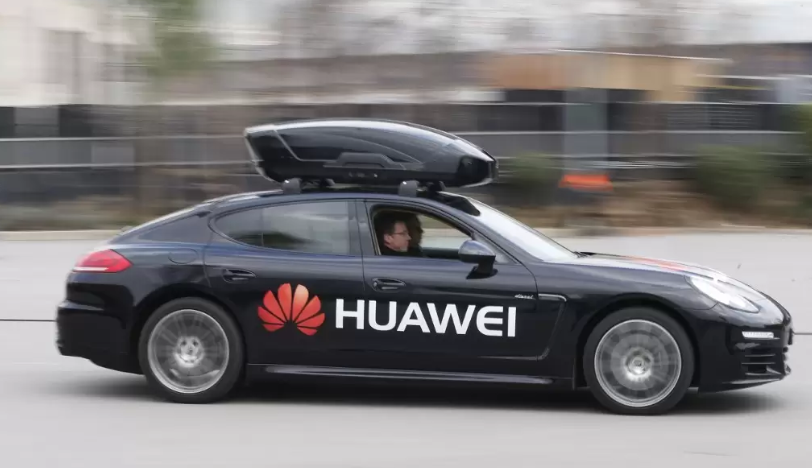Chinese tech giant Huawei Technologies is exploring potential partnerships beyond its home turf, initiating discussions with luxury car manufacturers Mercedes Benz and Volkswagen’s Audi to gauge their interest in acquiring stakes in its Intelligent Automotive Solution (IAS) business unit. Sources with knowledge of the matter revealed that Huawei aims to broaden its collaborations beyond Chinese brands and is actively seeking foreign investors to fortify its position amid ongoing geopolitical tensions.
The move follows Huawei’s announcement last month about the spin-off of its four-year-old IAS business unit, a strategic step towards becoming a dominant player in supplying software and components for smart electric vehicles (EVs). Industry insiders estimate the unit’s value to be between $28 billion and $35 billion.
Preliminary talks between Huawei and Mercedes have taken place in recent weeks, with the Chinese company offering a 3% to 5% stake. However, insiders suggest that Mercedes, keen on retaining control of its software to maintain its premium brand positioning, expressed limited interest in the proposal.
On the other hand, the level of interest from Audi is yet to be determined. Nevertheless, sources reveal that Huawei and Audi are contemplating a partnership to jointly develop autonomous driving technologies for Audi vehicles, particularly those intended for the Chinese market from 2025. The collaborative effort is expected to leverage Audi’s venture with FAW Group, a prominent Chinese automaker.
Both Mercedes and Audi declined to comment on the ongoing speculations, while Huawei did not respond to requests for comment.
Huawei’s strategic moves come against the backdrop of global automakers actively seeking partnerships with Chinese companies to tap into the advanced features developed for tech-savvy Chinese consumers. Volkswagen has already collaborated with EV automaker Xpeng and autonomous driving chip designer Horizon Robotics, focusing on China-specific intelligent and connected electric cars.
Audi, too, has joined forces with SAIC Motor to develop electric vehicles in segments where it previously lacked a presence in the Chinese market.
Huawei’s smart car business, overseen by Richard Yu, has faced challenges in attracting European, U.S., and Japanese companies due to U.S. sanctions. Despite these hurdles, Huawei has formed partnerships with various electric car manufacturers, including Seres Group and established automakers like Changan Automobile.
Changan Auto has committed to being a significant investor in Huawei’s smart car business, potentially owning up to 40% along with other relevant parties. Huawei’s invitation for investment has also been extended to Seres, Chery Automobile, Jianghuai Automobile Group, BAIC Motor, and potential investor Dongfeng Motor.
As Huawei navigates the complexities of the global automotive landscape, the industry awaits further developments in its pursuit of international alliances and the unfolding dynamics within the smart car sector.
(Source: Reuters | Nikkei | AutoSpies)









